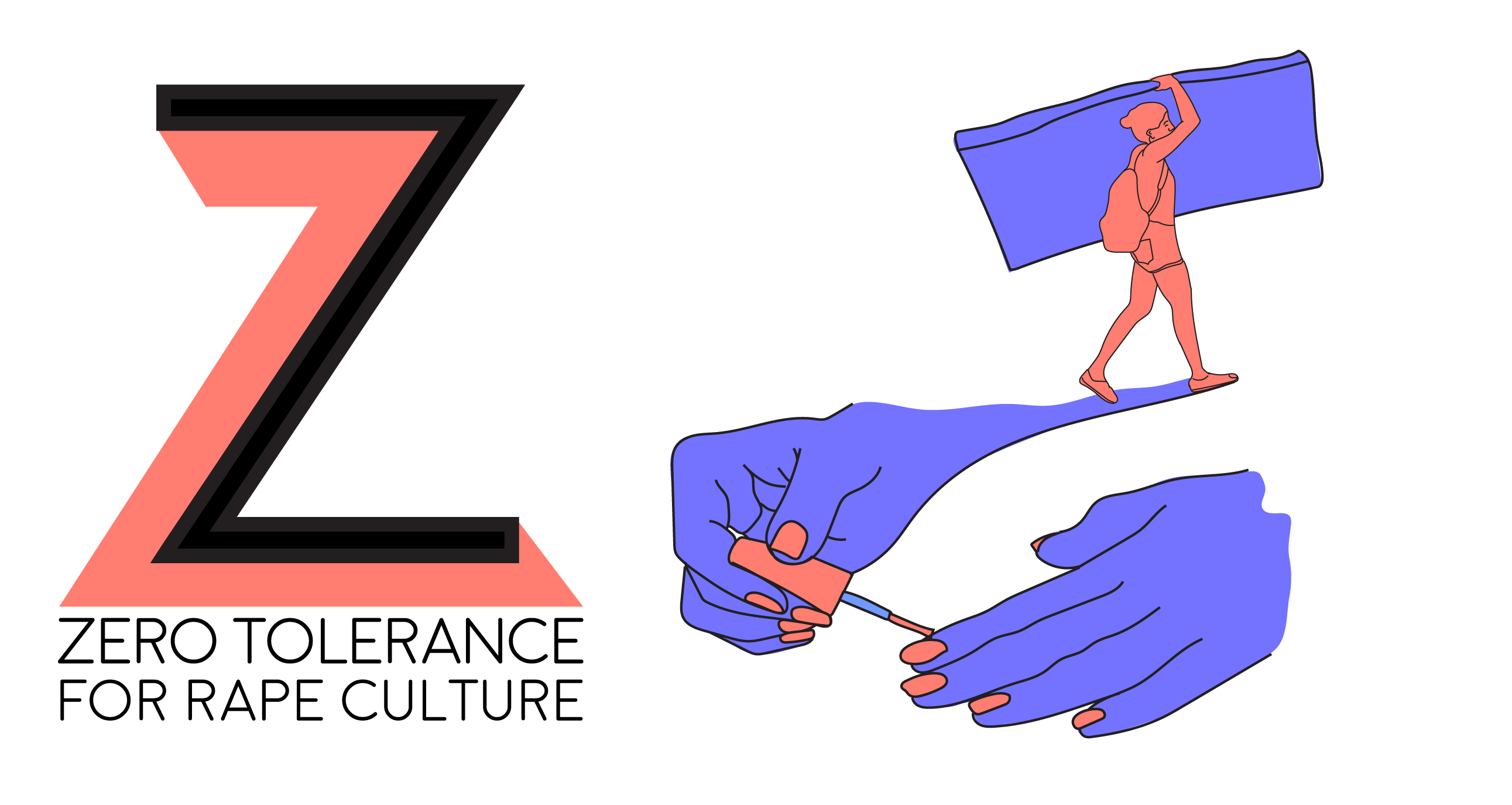Y is for Yes

Image: Illustration by Sara Haas.
With Governor Jerry Brown’s recent signature on Affirmative Consent legislation, all California high schools are now required to teach students that “yes means yes” when it comes to sex. Previous educational approaches relied on teaching that agreed sexual contact meant that neither party specifically said “no” or “stop.” Now, this new instruction will inform the next generation that active consent is required before engaging in sexual activity, otherwise, it’s rape.
In other words, the initiator has to ensure that their partner doesn’t say “no,” while also making sure that their partner says “yes” to every sexual act. By teaching this form of active or affirmative agreement, the California government now clarifies that either consent (verbal/enthusiastic physical signals) is visible and ongoing, or it is nonexistent (making the act rape).
The legislation, which accurately states that someone who is incapacitated or unconscious cannot give consent to sex, clearly outlines forms of acceptable sexual behavior.
Like author Jackie Friedman said when she interviewed for PBS, “There are a lot of situations where, if a person feels threatened or overpowered, they may freeze up and not protest, even though they don’t want anything to happen to them, or that they might be incapacitated from drugs or alcohol and can’t protest.”
Thus, in addition to the understanding of “no means no,” the conversation has now moved even further, stating that silence is not a signal to proceed and it does not mean approval or a desire to engage in sexual activity. In other words, the absence of “no” does not mean “yes.”
Shifting the paradigm to one of prevention, affirmative consent asks the initiator to make sure there is no such thing as blurred lines when it comes to sex. Instead of placing the responsibility on the victim to “not get raped,” the message becomes “do not rape.”
Consent is enthusiastic, consent is vocalized!
Those who are opposed to the bill, like Time Magazine’s Cathy Young, state that having the “government dictate how people should behave in sexual encounters is a terrible idea […] and that discussing consent is widely seen as awkward and likely to kill the mood.”
By making the assumption that an awkward sexual encounter is a larger issue than assault, many who oppose “yes means yes” legislation forget that rape is definitively worse than the possibility of having to ask a potentially embarrassing question. Furthermore, verbal consent is not a death sentence to sexiness or flirtation. It is, however, a huge clarification as to what constitutes an appropriate sexual relationship.
Others who oppose the bill worry that it puts the burden of proof on the person being prosecuted, and does not follow the fifth amendment of “innocent until proven guilty.” However, not only does this argument ignore the fact that the bill changes sex education and not legal definitions of rape, it also ignores the fact that most other criminal proceedings do involve asking these same questions about guilt. Author Jackie Friedman reiterates this point when she states:
“Well, we don’t say that when […] when we ask a kidnapper […], did you have permission to take them somewhere, right? So that doesn’t create presumption of guilt. So I don’t know see why it would be different in sexual assault. What it does is, it changes the default assumption that if you’re encountering someone sexually[…] the [new] default […] assumption is […]you can’t do anything to anybody else’s body without their enthusiastic consent. [As opposed to the old way of thinking that] you can do whatever you want to their body until they stop you.”
Besides, wouldn’t the standard for proving that the victim did not say yes fall under the same burden of proof as the current laws which also require an explicit no? Either way, in a court, the state would have to prove guilt beyond a reasonable doubt.
As it is now in California, “yes means yes” education teaches high schoolers that all sexual activity must be consensual. When, as RAINN estimates, “an average of 293,066 Americans (age 12 or older) are victims of sexual violence each year,” I say that it’s about time there was an attempt to shift the paradigm. Especially when shifting the paradigm is doing something as simple as communicating with a partner and asking first.




